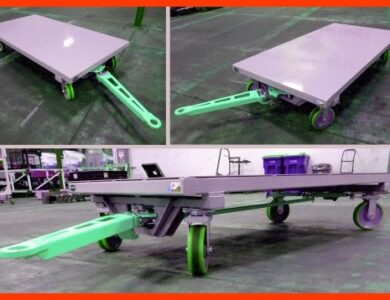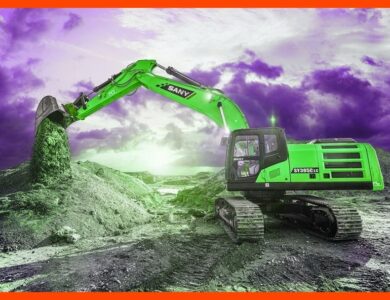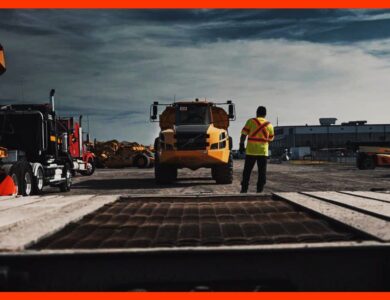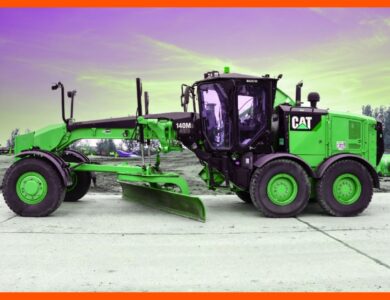Heavy Equipment
The Ultimate Guide to Finding Heavy Equipment for Sale
The Ultimate Guide to Finding Heavy Equipment for Sale
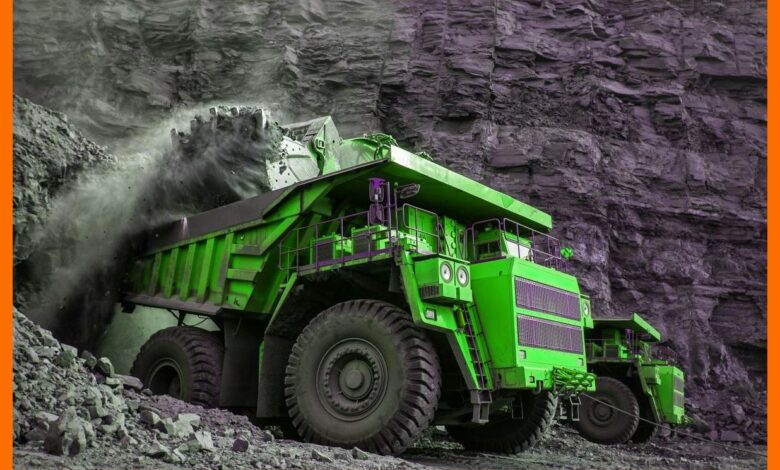
The Ultimate Guide to Finding Heavy Equipment for Sale
In the world of construction and industrial projects, heavy equipment is the backbone of efficiency and productivity. Whether you’re a seasoned contractor, a construction company owner, or a newcomer to the industry, finding the right heavy equipment for sale is crucial for the success of your projects. In this comprehensive guide, we will explore the ins and outs of purchasing heavy equipment, from excavators to bulldozers and everything in between. We’ll help you make informed decisions and ensure you find the perfect heavy machinery to meet your specific needs.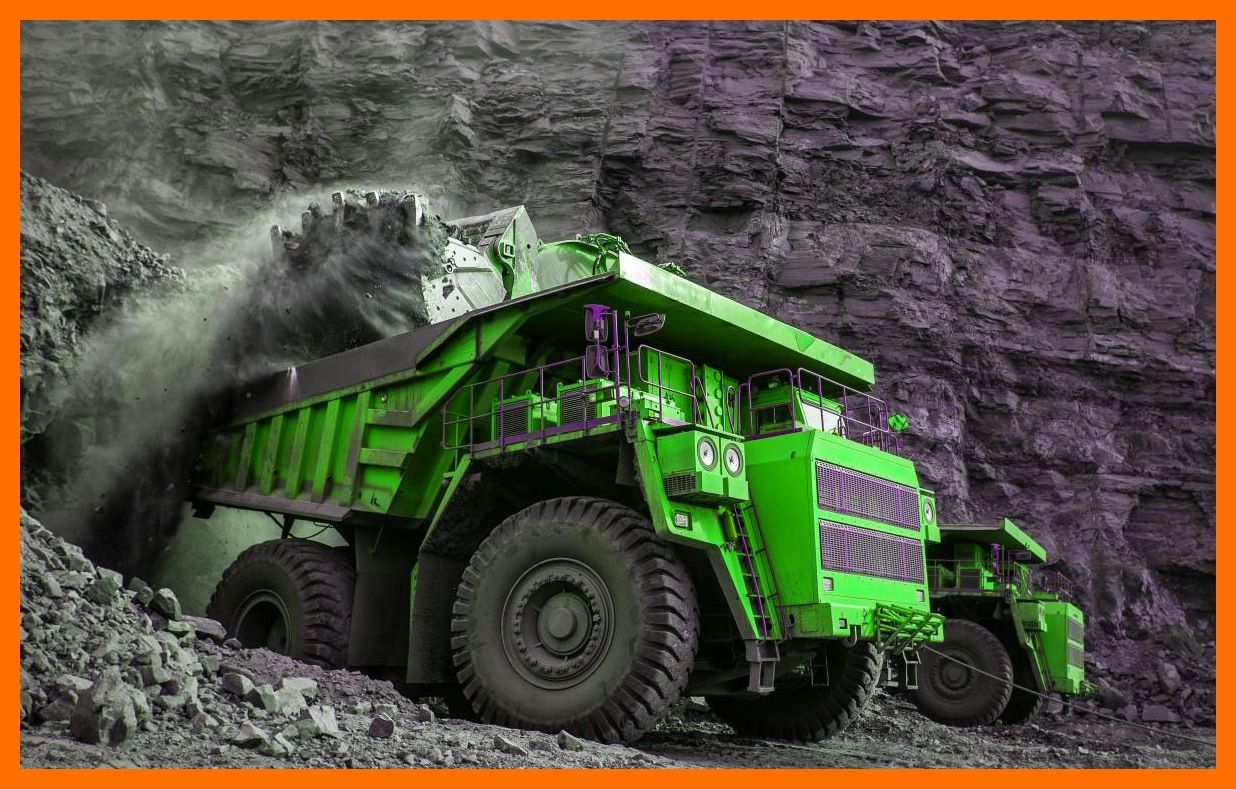
ADVERTISEMENT
Understanding Your Heavy Equipment Needs
Before diving into the world of heavy equipment sales, it’s essential to determine precisely what you need for your projects. Different tasks require different machinery, and selecting the wrong equipment can lead to inefficiencies and additional costs. Consider the following factors:Project Scope and Size
Your project’s scope and size play a significant role in determining the type of heavy equipment you need. Are you working on a small-scale construction project, or are you tackling a large-scale infrastructure development? Knowing your project’s scale will help you decide on the size and capacity of the equipment required.Equipment Type
There’s a wide range of heavy equipment available, each designed for specific tasks. Some common types include excavators, bulldozers, loaders, backhoes, and cranes. Ensure you choose the right type based on the tasks involved in your project.New vs. Used Equipment
The decision between purchasing new or used equipment depends on your budget and project requirements. New equipment comes with warranties and the latest technology, while used equipment can be a more budget-friendly option. Weigh the pros and cons carefully.Researching the Market
Once you have a clear understanding of your needs, it’s time to dive into the market to find the best heavy equipment for sale. Here are some key steps to guide your research:Online Listings
Start your search by exploring online listings on websites specializing in heavy equipment sales. Websites like MachineryTrader, Equipment Trader, and IronPlanet provide a wide range of options to choose from. These platforms allow you to filter your search based on criteria like equipment type, price range, and location.Dealer Networks
Many manufacturers and dealers have extensive networks for selling their equipment. Reach out to these dealers to get insights into their available inventory. They can provide valuable information and guidance on the best options for your needs.Auctions and Classifieds
Auctions and classified ads can be excellent places to find heavy equipment deals. Keep an eye on local newspapers, online auction platforms, and industry magazines for upcoming auctions and sales events.Evaluating Equipment Condition
Before finalizing your purchase, it’s crucial to thoroughly assess the condition of the heavy equipment. An equipment inspection can save you from unexpected repairs and downtime. Here’s how to go about it:Inspection Checklist
Create a comprehensive inspection checklist that covers crucial aspects like the engine, hydraulics, transmission, undercarriage, and overall structural integrity. This checklist will help you ensure you’re making a well-informed decision.Professional Inspection
Consider hiring a professional heavy equipment inspector to perform a thorough examination. These experts have the experience and knowledge to identify hidden issues that may not be apparent to the untrained eye.Negotiating the Deal
When you’ve found the heavy equipment that meets your criteria and has passed inspection, it’s time to negotiate the deal. Negotiation is a skill that can save you money and get you better terms. Here are some tips:Price Negotiation
Don’t be afraid to haggle on the price. Research the market to understand the typical price range for the equipment you’re interested in, and use this knowledge to your advantage.Warranty and Maintenance
Inquire about any warranties or maintenance agreements. New equipment often comes with warranties, while used equipment might have options for extended warranties or service contracts.Financing Your Purchase
Purchasing heavy equipment can be a significant investment. If you don’t have the capital upfront, consider your financing options:Loans and Leases
Explore financing options like loans and leases to spread the cost over time. Many financial institutions specialize in equipment financing and can offer competitive rates.Final Thoughts
Finding the perfect heavy equipment for sale involves careful planning, thorough research, and effective negotiation. By understanding your project’s needs, exploring the market, evaluating equipment condition, and securing the right financing, you can make a well-informed decision that ensures the success of your construction or industrial projects.Transportation and Logistics
Once you’ve successfully acquired your heavy equipment, the next step is to plan for its transportation and logistics. This is a crucial aspect, especially if you’re purchasing equipment from a distant location or overseas. Here’s what you need to consider:Shipping Options
Determine the most cost-effective and efficient way to transport your equipment to your project site. You can choose between various shipping options, including road transport, rail transport, or even maritime shipping if you’re importing machinery.Permits and Regulations
Different types of heavy equipment may require specific permits for transportation. Make sure you’re aware of any legal requirements and regulations related to moving heavy machinery, both at the local and international levels.Insurance
Protect your investment by securing the necessary insurance coverage for your equipment during transportation. This ensures that you’re financially protected in case of any unexpected events or accidents during transit.Maintenance and Repairs
Proper maintenance and timely repairs are essential to keep your heavy equipment in optimal working condition. Neglecting maintenance can lead to breakdowns and costly downtime. Here are some tips:Regular Maintenance Schedule
Create a regular maintenance schedule for each piece of equipment. This should include routine inspections, oil changes, filter replacements, and other preventative maintenance tasks.Experienced Technicians
Hire or train experienced technicians who are skilled in maintaining and repairing heavy machinery. They should be able to diagnose issues and perform necessary repairs promptly.Spare Parts Inventory
Maintain a stock of essential spare parts and components. This can help minimize downtime as you won’t have to wait for parts to arrive if a breakdown occurs.Resale Value and Depreciation
Heavy equipment is an investment, and like any investment, its value can depreciate over time. To maximize your return on investment, keep these factors in mind:Resale Value
Consider the resale value of the equipment you’re purchasing. Some brands and models hold their value better than others. Research and choose equipment that has good resale potential.Asset Management
Implement a robust asset management system to keep track of each piece of equipment’s performance, maintenance history, and depreciation. This will help you make informed decisions about when to sell or replace equipment.Environmental Considerations
In today’s environmentally conscious world, it’s important to consider the environmental impact of heavy equipment usage. Here’s how you can do your part:Emissions Standards
Be aware of emissions standards and regulations in your area. Opt for equipment that meets or exceeds these standards to minimize environmental impact.Fuel Efficiency
Choose equipment that is fuel-efficient. Not only will this save you money on operating costs, but it also reduces your carbon footprint. the process of finding and purchasing heavy equipment for sale can be a complex task, but with careful planning and informed decision-making, it can lead to significant benefits for your construction or industrial projects. Remember to define your equipment needs, research the market thoroughly, assess the condition of the machinery, and negotiate the best deal. Additionally, consider factors such as transportation, maintenance, and environmental impact to ensure a smooth and successful operation.
URL Copied
